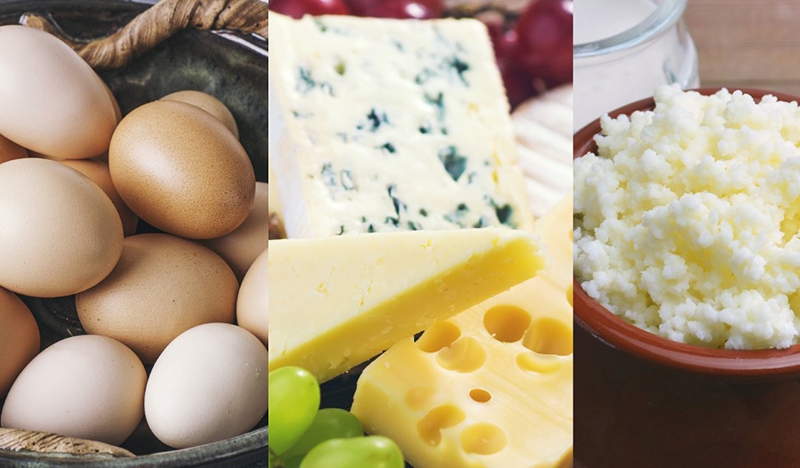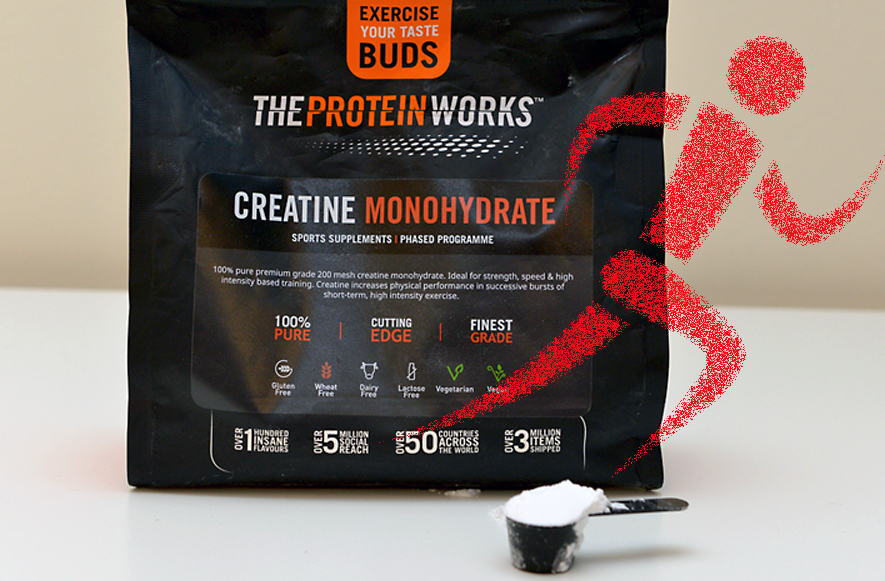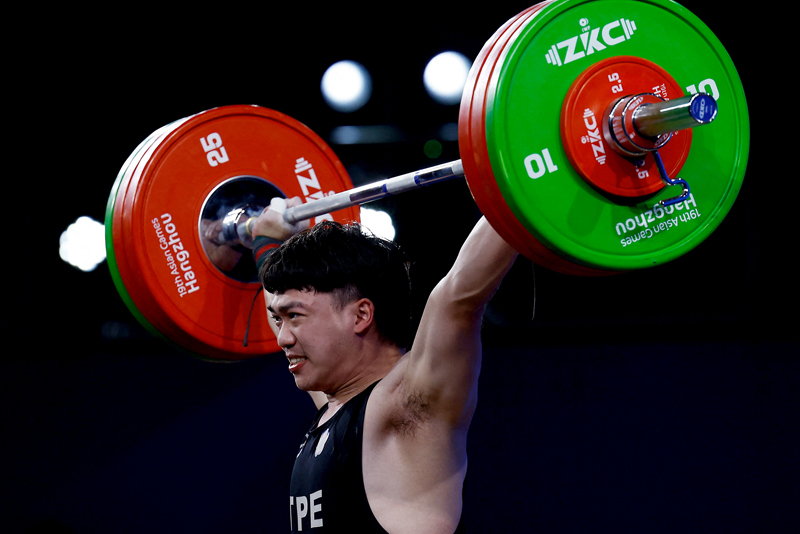Vitamin K2: can it help you reach new performance heights?

Until recently, the nutrient vitamin K2 has received relatively little attention in the mainstream media. However, there’s increasing evidence that this nutrient plays an essential role in human health. Vitamin K was discovered in 1929, and is an essential nutrient for blood coagulation (blood clotting). There are two main forms of vitamin K; K1 (phylloquinone) is found in plant foods like leafy greens, whereas vitamin K2 (menaquinone) is found in animal foods and fermented foods.
The main function of vitamin K is modifying proteins in a way that enables them to bind calcium. However, the roles of vitamins K1 and K2 are quite different; vitamin K1 is mostly used by the liver to activate calcium-binding proteins involved in blood clotting, while K2 is used to activate proteins that regulate where calcium ends up in the body. This is important because vitamin K2 appears to play a role in helping prevent calcium from being deposited in the arteries. That matters because calcification of the arteries is a key process in the aetiology of heart disease, and epidemiological studies show that people consuming higher levels of vitamin K2 are at lower risk of heart disease.
There’s also another link with vitamin K2 and heart health, because studies demonstrate that higher intakes of vitamin K2 can help to restore the function of mitochondria (the cells’ energy factories), and in particular, the ability of mitochondria to manufacture ATP, which is the body’s energy currency. Heart muscle has a very high concentration of mitochondria as do the endurance fibres in skeletal muscle, and this has led some researchers to speculate as to whether dietary supplementation with vitamin K2 could increase the function of muscle with high mitochondrial content (ie skeletal and cardiac muscle), and thus improve endurance. And now, recent research by US researchers has come up with some fascinating results [Altern Ther Health Med. 2017 Jul;23(4):26-32].
The research
The purpose of the study was to determine if eight weeks of dietary supplementation with Vitamin K2 could alter cardiovascular responses to a graded cycling test. To do this, 26 endurance trained males and females were randomly assigned either to a control group that received a rice flour placebo or to an intervention group that received supplemental vitamin K2. For weeks 1 to 4, the athletes in the K2 group received 300mcgs per day of vitamin K2 and then in weeks 5 to 8, they received 150mcgs per day. The athletes in the control group received similar doses of rice flour to mirror the intervention group. During the entire 8-week period, all the participants maintained their normal training routines. Before and again after the 8-week period, the athletes completed a graded cycling test on cycle ergometer, during which heart rates, cardiac output (blood pumped per minute) and stroke volume (blood volume per minute) were measured, along with the athletes’ levels of oxygen consumption.The findings
Overall, there were no differences in stroke volume measurements between the two groups, and there was a small but non-significant gain in maximal heart rates in the K2-supplemented athletes. The major finding however was cardiac outputs - the maximum amount of blood (and therefore oxygen) that the heart can pump around the body each minute. In the K2-supplemented athletes, cardiac output rose by a very significant 12% whereas there were no such gains in the placebo-supplemented athletes.PP Verdict
Although it’s just one study, these findings are potentially significant because although vitamin K2 supplementation has previously been reported to improve cardiovascular function in diseased patients, this study is the first to report its potential in active individuals. More research will be needed to confirm these results but an increase in maximum cardiac output of 12% is noteworthy because that translates to an increase in the maximum amount of blood and oxygen available to exercising muscles, which should improve endurance. Moreover, research on elite runners and cyclists have confirmed that high cardiac outputs are associated with high levels of endurance performance. The icing on the cake is that research has already confirmed that higher levels of dietary K2 can reduce the cardiovascular diseaseCureus. 2016 Aug 24;8(8):e748. doi: 10.7759/cureus.748, and who wouldn’t want that?!Practical suggestions
- You don’t have to supplement to increase your intake of dietary vitamin K2; the following foods are all good sources of K2: liver, beef, chicken and egg yolks. Hard cheeses (full fat) are also a useful source of vitamin K2.
- To boost your intake further into the 300-microgram range (that used in the study), consider a vitamin K2 supplement. Many of these are combined with vitamin D3, which is another nutrient that is often poorly supplied in Western diets, and which is critical for long-term health.
You need to be logged in to continue reading.
Please register for limited access or take a 30-day risk-free trial of Sports Performance Bulletin to experience the full benefits of a subscription. TAKE A RISK-FREE TRIAL
TAKE A RISK-FREE TRIAL
Newsletter Sign Up
Testimonials
Dr. Alexandra Fandetti-Robin, Back & Body Chiropractic
Elspeth Cowell MSCh DpodM SRCh HCPC reg
William Hunter, Nuffield Health
Newsletter Sign Up
Coaches Testimonials
Dr. Alexandra Fandetti-Robin, Back & Body Chiropractic
Elspeth Cowell MSCh DpodM SRCh HCPC reg
William Hunter, Nuffield Health
Keep up with latest sports science research and apply it to maximize performance
Today you have the chance to join a group of athletes, and sports coaches/trainers who all have something special in common...
They use the latest research to improve performance for themselves and their clients - both athletes and sports teams - with help from global specialists in the fields of sports science, sports medicine and sports psychology.
They do this by reading Sports Performance Bulletin, an easy-to-digest but serious-minded journal dedicated to high performance sports. SPB offers a wealth of information and insight into the latest research, in an easily-accessible and understood format, along with a wealth of practical recommendations.
*includes 3 coaching manuals
Get Inspired
All the latest techniques and approaches
Sports Performance Bulletin helps dedicated endurance athletes improve their performance. Sense-checking the latest sports science research, and sourcing evidence and case studies to support findings, Sports Performance Bulletin turns proven insights into easily digestible practical advice. Supporting athletes, coaches and professionals who wish to ensure their guidance and programmes are kept right up to date and based on credible science.









